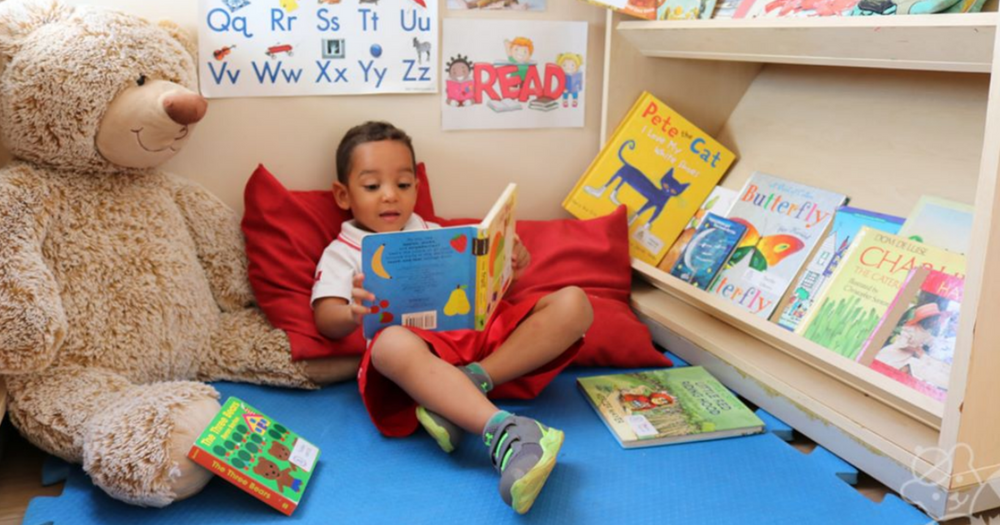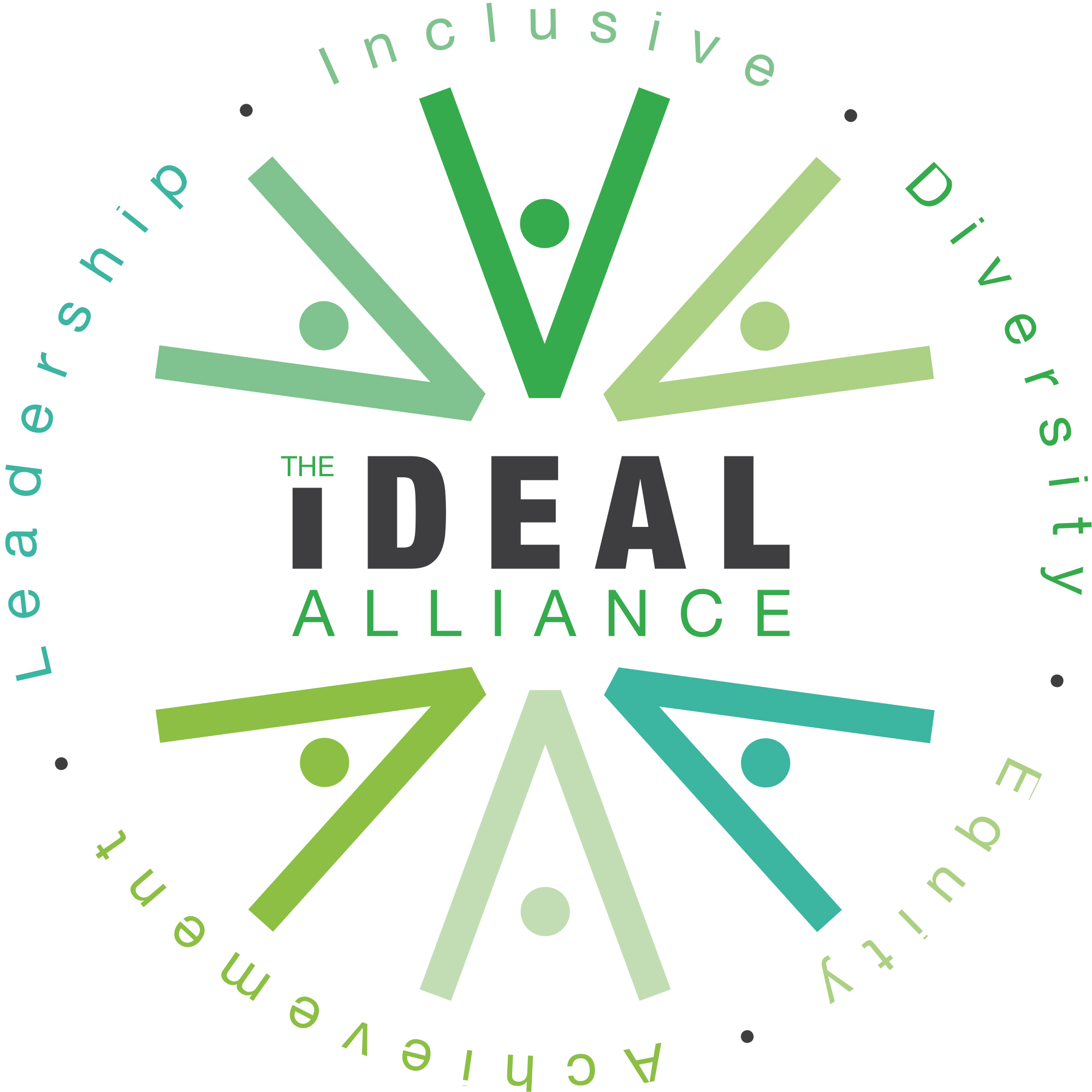Literacy, Early Reading & Writing

Developing Literacy Skills - early reading and writing
Reading and writing develop together and in parallel
Reading and writing are closely interwoven. They require slightly different sets of skills, but as the skills of reading develop and strengthen, so do the skills of writing. So think of them together. The process of making sense of those black marks on the page, and beginning to make your own marks on paper that other people can read starts early. It starts with talk. It is talk that helps literacy skills develop and provides the raw material for written communication. "Reading and writing float on a sea of talk." James Britton, educationalist Children start school with a vocabulary which has been learned mainly from their family and the literacy environment at home, as well as from their experiences with the wider world. A child’s spoken vocabulary will be much larger than their reading or their written vocabularies at first. They will use words they have heard and understand in their everyday life. They will gradually acquire the beginnings of a reading or writing vocabulary from their immediate surroundings, their family and friends. There are so many words in the world – for a young child, they must be both useful and connected to a memorable experience.
Exploring words
Stories are an important part of life. Loving printed books and developing an enjoyment of looking at or hearing stories is an integral part of early years practice. Research shows that the amount of input young children receive from the adults around them makes a significant difference to how children learn to read and write in reception classes. At PNSF we explore the knowledge and skills that children need to develop:
- phonological awareness, the awareness of all of the sounds of language, it’s the ability to hear and distinguish sounds
- vocabulary
- expressive language, vocabulary, grammar and changes to words such as plurals (known as morphology)
- receptive language, the ability to understand what is said
Word reading is explicitly taught in Reception classes, and all the early communication experiences parents and early years settings provide helps children to learn to read successfully.
Enjoyment of books, rhymes and songs helps children to read because you:
- share books on a daily basis
- provide opportunities to use spoken language and take part in talk (verbal interaction)
- read aloud
- discuss books
- extend spoken language by introducing new words in context, drawing attention to letters and sounds
- develop thinking and reasoning
- listen, giving a spoken account of a set of events (narrative) and developing vocabulary skills
Word reading and language comprehension are essential building blocks. Children in the EYFS need word support from an early age, to develop hearing, saying and recognising words or word parts.
Developing an Understanding of Letters and Sounds
At PNSF we explore letters and their sounds with the children, using a phonological approach in the course of play. These activities are interwoven into the day. During the summer term, to ensure the children are 'school ready', those at the right developmental stage will learn the sounds that the letters make using Read, Write, Inc materials. This provides our nursery teachers and other staff with the tools they need to ensure every child learns to read confidently, right from the start. Every day, children learn new sounds, and review previous sounds and words. They apply what they’ve been taught by reading words containing the sounds they know in matched sound-blending books.
